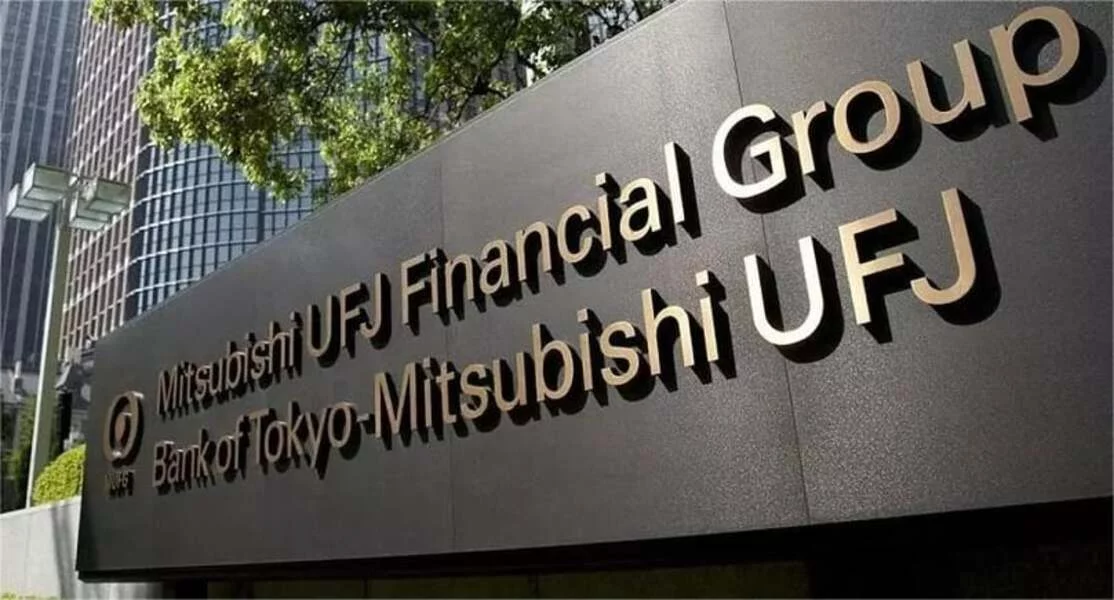Mitsubishi UFJ Trust and Banking is poised to make history by issuing Japan's first fiat-pegged stablecoin. According to reports from Yomiuri Shimbun newspaper and CoinPost, the banking giant completed development of the digital currency "at the end of last year" and is now preparing for its public release.
Hiroshi Kubota, who assumed the role of Mitsubishi UFJ Trust and Banking CEO on April 1, confirmed the company is making "final adjustments" before rolling out the stablecoin. Initially, the digital currency will support carbon credits trading, with plans to "expand" its application to "trade settlements and other uses" in the future.
Kubota emphasized the technology's advantages, stating: "[Stablecoins] are low-cost and allow for faster settlement. [The coin] is revolutionary and will contribute to the solving of social issues."
Strategic Partnerships Driving Innovation
The stablecoin will be classified as an "electronic payment instrument" under Japan's Payment Services Act. Financial leaders in Japan view stablecoins as a solution to eliminate costly intermediaries in cross-border settlements that currently "incurs high fees."
Mitsubishi UFJ's banking division is collaborating with its digital infrastructure affiliate Progmat and other partners on the final preparations. Progmat has been operating within Japan's new legal frameworks, primarily working with established blockchain networks like Ethereum.
Industry-Wide Momentum Building
As part of the Mitsubishi UFJ Financial Group—one of the world's largest financial services organizations—the Trust and Banking Corporation has been developing stablecoins and interoperability platforms for several years, working with sector partners including domestic crypto exchange Bitbank.
The initiative isn't happening in isolation. Earlier this week, competitor Sumitomo Mitsui Financial Group reportedly began preparations for its own stablecoin in collaboration with blockchain developer Ava Labs and crypto infrastructure provider Fireblocks.
These developments follow crucial amendments to Japan's Payment Services Act that took effect in June 2023, enabling "qualified" firms to issue and distribute legal tender-backed stablecoins.
CoinPost noted that Mitsubishi UFJ's initiative is "attracting attention" for creating "new possibilities for the tokenization of real assets (RWAs) and stablecoin payments."
Kubota also revealed ambitions to generate at least 30 billion yen (over $206 million) in gross profits by 2034 through "new business" ventures including stablecoin projects and startup collaborations, concluding: "If we meet social needs, that will lead to big business opportunities. If we do not continue to find new business avenues, there will be no reason for this company to exist."
 Nikolas Sargeant
Nikolas Sargeant






